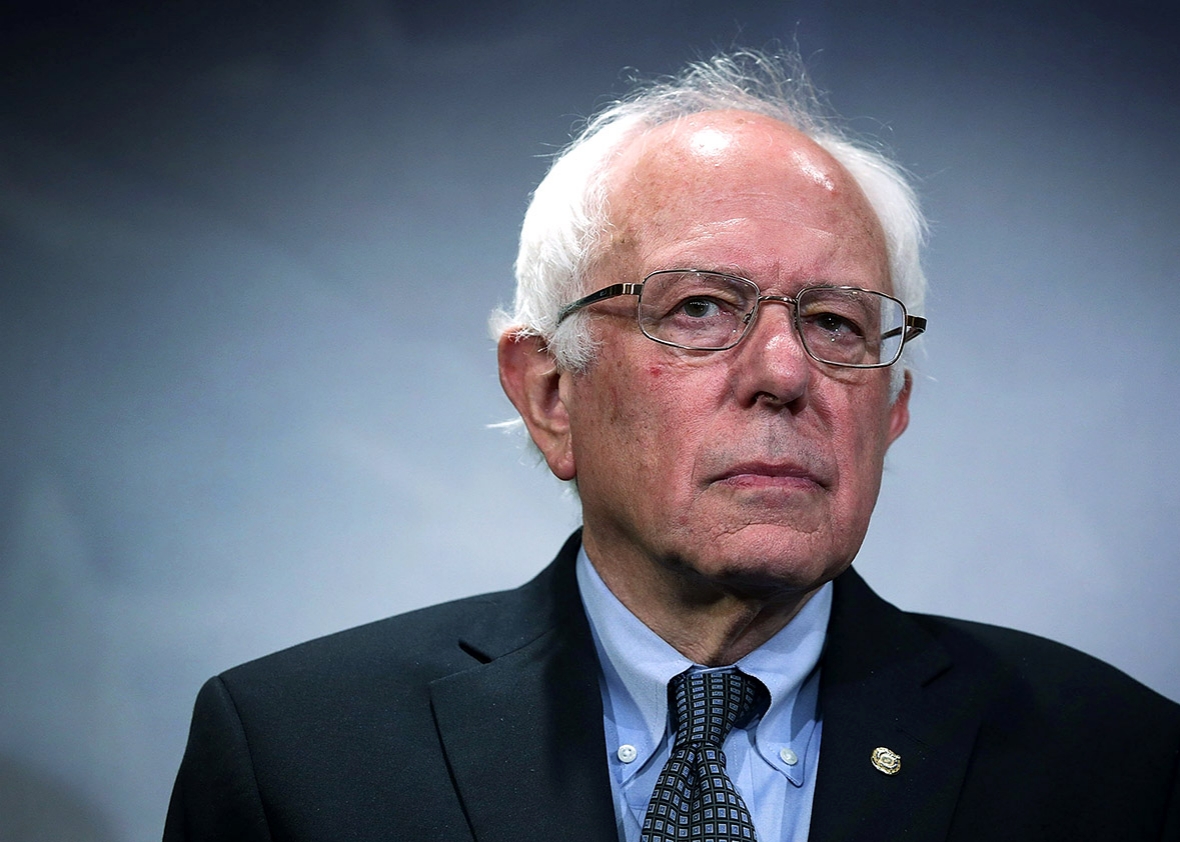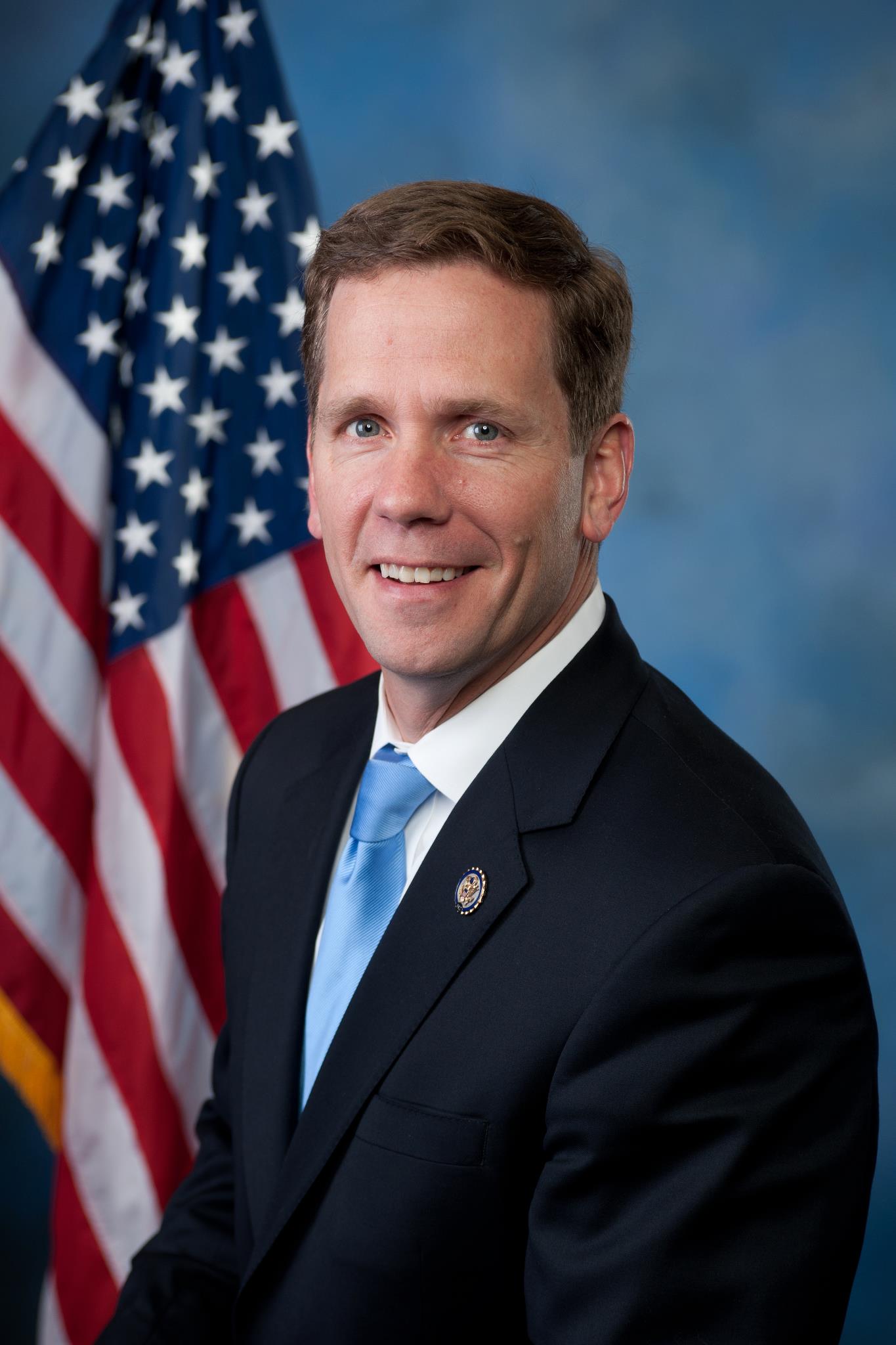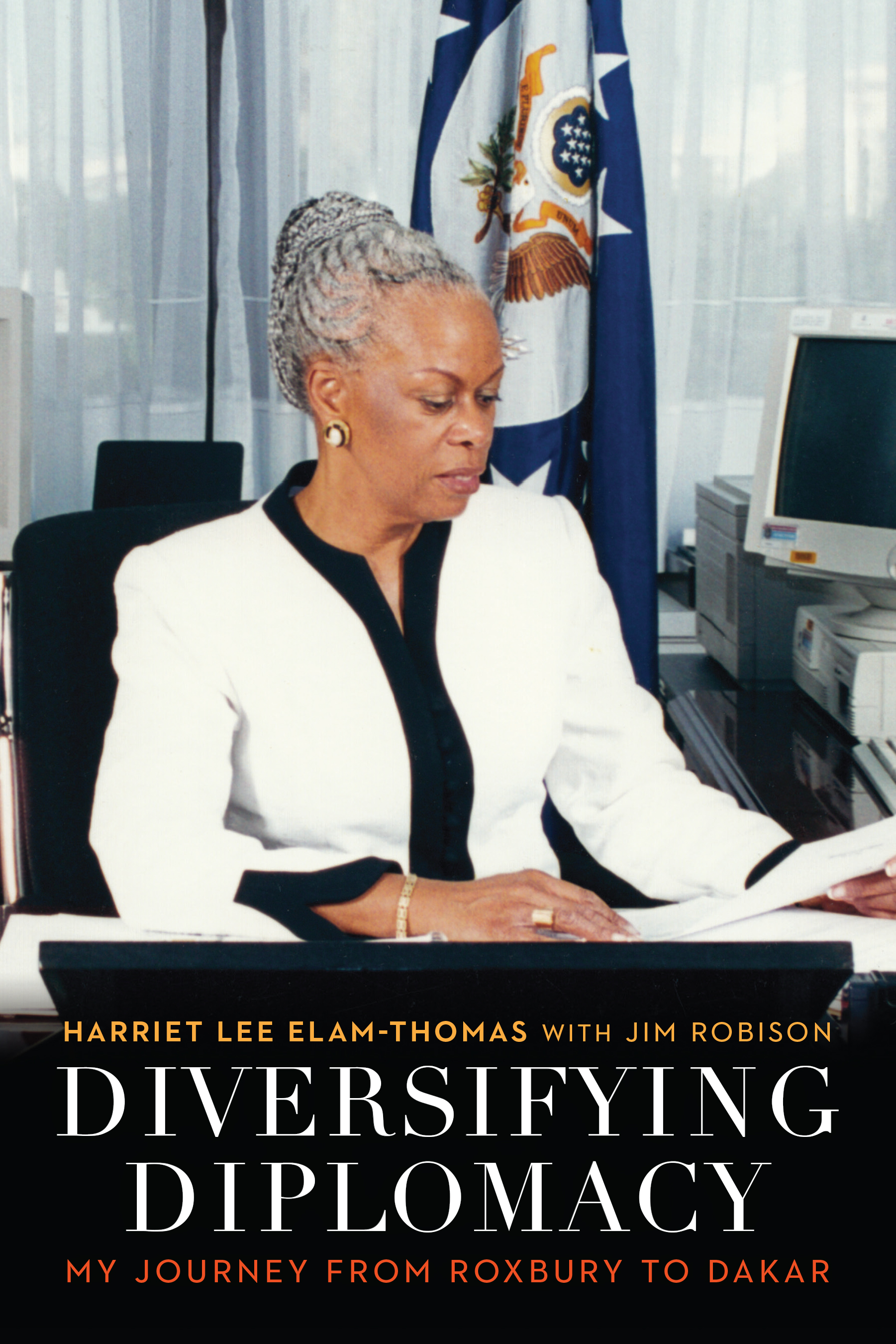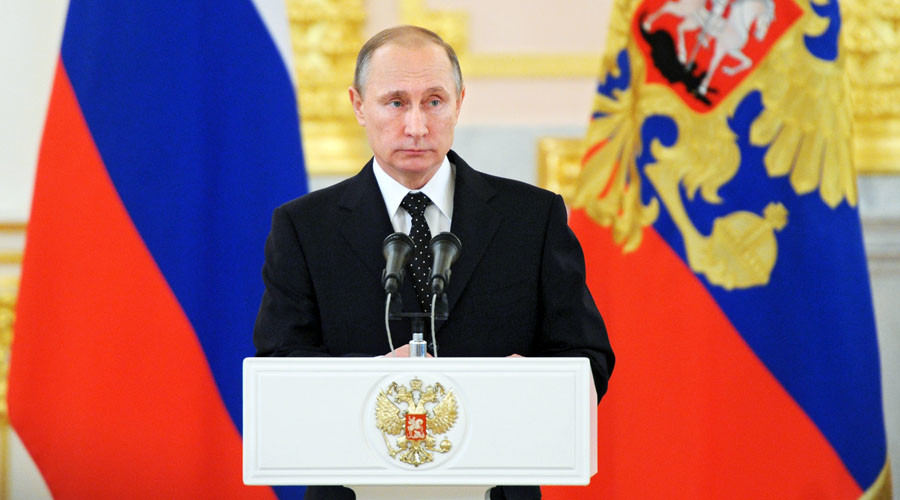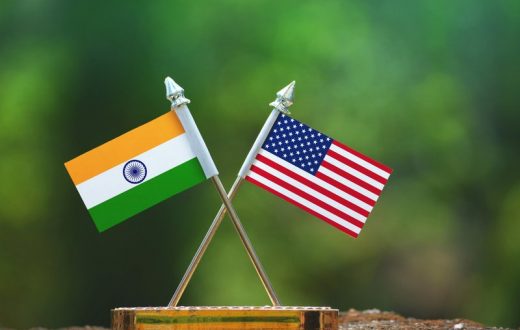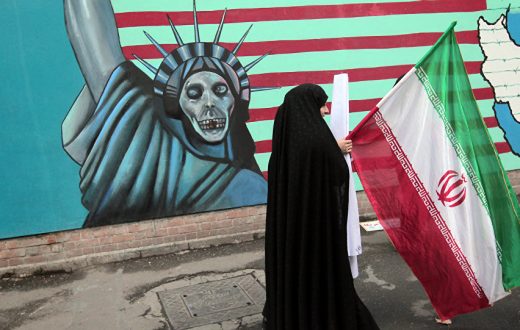Bernie Sanders, a current Democratic candidate has been holding his own during the recent race. However, with Hillary Clinton’s recent success in New York, and having over 700 more delegates than Sanders own 1,191 (as of April 25th, 2016) it seems that Sanders will need something miraculous to happen. Bernie Sanders has won tremendous support from the more liberal and less influential states, however California is approaching and the all-important question of will Bernie Sanders be able to overtake Hillary Clinton is looming. Can Sanders defeat the rising tide of the Clinton’s juggernaut campaign, or is #feelthebern sizzling out?
Bernie Sanders, like many politicians is not just counting on long time Democrats to vote for him. He is trying to extend his reach to the important independent voters that have yet to make up their minds. While his popularity is rising and in many polls he does better than Clinton he is still trailing in the race for the Democratic nomination. A Huffington Post poll shows that Senator Bernie Sanders is the most popular candidate. It is easy to see this with the lack of negative campaigning against Sanders, and his biggest criticism has been that he is ‘too liberal’.
Perhaps the biggest advantage Sanders has in the current election is that the lion’s share of superdelegates (delegates that may choose to vote for whom they wish aside from the State’s caucus) are currently held by Clinton (513 to his 38). If Senator Sanders can sway those delegates that are leaning towards Hillary Clinton over to him while keeping his own that will help to bridge the gap and keep the race neck in neck.
April 26th will be a battle day for both Democratic candidates. There are five states with a total of 463 delegates to be won. If Hillary Clinton wins them all (unlikely) than she will have over the 2,383 that she needs to secure her nomination. If Sanders manages to secure the majority from each of these states (Connecticut, Delaware, Maryland, Pennsylvania and Rhode Island) then it could force the race onto California, historically a more liberal state which will work to Sanders’ advantage.
Pennsylvania and Maryland are the issue. Both of them together add up to 328 delegates and in both states the superdelegates lean towards Hillary Clinton. A recent poll shows that Hillary Clinton has the advantage at least in Maryland (57%). Monmouth University polling suggest a reason to why the majority side with Clinton, ‘The demographics of Maryland’s Democratic electorate are similar to past primary states where Clinton has done very well.’ They do go on to say that ‘However, it looks like that isn’t as important a factor since she holds large leads among practically every voting bloc.’
Pennsylvania seems also to be tilting towards Clinton. Pennsylvania Governor Tom Wolf declared to CNN that Clinton’s decisive win in New York bodes well for her in Pennsylvania. ‘I think Hillary was always going to do well in Pennsylvania, and she’ll do very well. New York, after all, is her home state, but she has strong family roots here in Pennsylvania. I think people are coming around to the idea that she is going to be the nominee.’
These tidings in the two bigger states do not bode well for Bernie Sanders continued campaign. Granted, polls can be slanted, questions manipulated or misconstrued that lead answers towards one candidate over the other. Bernie Sanders still holds out hope. Tad Devine, an advisor to Bernie Sanders explains the deficit in delegates by saying that it was a deliberate strategy. They wanted to forgo states that they were certain to lose. Devine explained in an interview with Business Insider, ‘She has gained advantage in a bunch of places where we didn’t effectively compete because we chose a different tactical approach to the nomination. But as we go through the rest of these states, from California to the District of Columbia, we will compete and compete fully.’ This is a very bold strategy. Devine explains that ‘essentially 97% of her delegate lead today comes from those eight states where we did not compete.’
Joel Benenson, Hillary Clinton’s senior strategist responded best with, ‘If you don’t want to compete in battleground states like [Florida and North Carolina] that are essential to an electoral college win, to me, that’s not how you set yourself up to win a general election.’
Tactically speaking, by not competing in battleground states and essentially giving up in states where another candidate is ‘sure to win’ is political suicide and may have cost Sanders this election. There are a few things that he can do in order to keep the coffin lid open to his campaign. First and foremost he needs to convince the superdelegates. Sanders has the media attention, financial backing, and momentum, now he needs to go to the plethora of superdelegates and convince them to choose him before they vote in July at the Democratic National Convention.
If Bernie Sanders is able to sway those superdelegates to his side, win by more than a slim margin in the upcoming primaries, raise larger funding and bolster his message he may be able to close the gap and defeat Hillary. However, his biggest challenge after the 26th of April, will be California.
Bernie Sanders is facing an uphill battle and every vote will count for him. His political aide Tad Devine is quoted as saying, ‘We’re obviously going to have to win most of the states coming up. We’re going to have to win by large margins. I don’t know if we’re going to hit 82% again, like we did in Alaska.’ In order to win, Sanders will need as close to that 82% as possible.
A recent poll suggests that Sanders has gained ground and Clinton’s lead in California has dropped to two points. If Sanders can continue to gain there, amongst other upcoming states, and lead, not trail he can at least keep the race going until the end.
Is #feelthebern sizzling out, or by the end of the election will it be a rampant fire? This will depend on what happens over the next few days, and how well Sanders can persuade those all-important superdelegates to rally around him.

